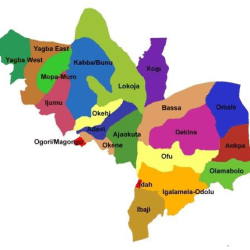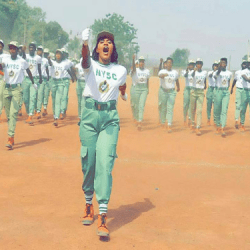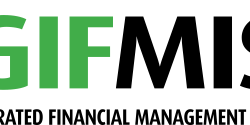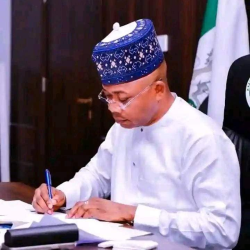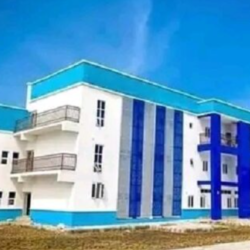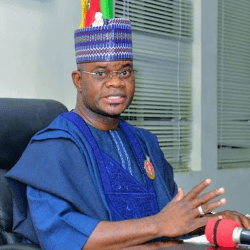Kogi State markets according to Local Government Areas are:
- Ankpa Local Government Area
A. Ankpa Market
B. Afogamgam Market
C. Okaba Market - Omala Local Government Area
A. Gbagana Market
B. Abejukolo Market
C. Ibado-Akpacha Market - Olamaboro Local Government Area
A. Okpo Market
B. Ede Ogugu Market
C. Imane Market - Dekina Local Government
A. Abocho Market
B. Anyigba Market
C. Dekina Market - Bassa Local Government Area
A. Odugbo Market
B. Sheria Market
C. Aboloko Market - Ofu Local Government Area
A. Ejule Market
B Ifode Market
C. Ugwalawo Market - Igalamela /Odolu Local Gocernment Area
A. Ajaka Market
B. Odolu Market - Idah Local Government Area
A. Idah Market - Ibaji Local Government Area
A. Odieke Market
10.Ajaokuta Local Government Area
A. Adogo Market
B. Eganyi Market
11.Okene Local Government Area.
A. Okene Market
B. Obehira Market
12.Okehi Local Government Area.
A. Obeiba –Ihima Market
B. Abobo Market
C. Oboroke Market
- Ogori/Magongo Local Government Area
A. Ogori Market. - Adavi Local Government Area
A.Ogaminana Market
B.Aku Market
C. Kabba/Ju Market - Lokoja Local Government Area
A.Lokoja Market
B New Mami Market
C.Obajana Market - Kogi Local Government Area
A. Koton-Karfe Market
B. Geju Market - Kabba/Bunu Local Government Area
A. Kabba Market
B. Oke-Bukun Market
C. Odogi Market - Ijumu Local Government Area
A. Iyara Market
B. Ikoyi Market
C. Ekinrin-Ade Market - Mopa-Amuro Local Government Area
A. Effo-Amuro Market
B. Mopa Market - Yagba East Local Government Area
A. Mopo Market Isanlu
B. Ife- Olukoton Market - Yagba West Local Government Area
A. Ejiba Market
B. Odo-Ere Market
Kogi
Kogi State is one of the 36 states of Nigeria, located in the north-central region of the country.


It is home to the confluence of the Niger and Benue rivers which form the largest inland delta in Africa. It is also blessed with diverse mineral deposits, such as coal, iron ore, limestone, gold, and kaolin.



It was created in 1991 from parts of Kwara State and Benue State, and it is bordered by Niger, Federal Capital Territory, Nassarawa, Benue, Enugu, Anambra, Edo, Ondo, Ekiti, Kwara and Niger states.

The state capital is Lokoja, which is also the confluence of the Niger and Benue rivers, making it a historically significant location for trade and commerce.

It has a population of about 4.5 million people, according to the 2006 census, and it is ethnically diverse with over 50 indigenous groups, including Igala, Ebira, Okun, Bassa, Nupe and others.
Kogi is divided into 21 local government areas (LGAs), and it has three senatorial districts: Kogi East, Kogi West and Kogi Central.
List of 21 Local Government Areas in Kogi State
- Adavi
- Ajaokuta
- Ankpa
- Bassa
- Dekina
- Ibaji
- Idah
- Igalamela-Odolu
- Ijumu
- Kabba/Bunu
- Kogi
- Lokoja
- Mopa-Muro
- Ofu
- Ogori/Mangongo
- Okehi
- Okene
- Olamabolo
- Omala
- Yagba East
- Yagba West

Tourist attractions include Lord Lugard Residence, the Mount Patti Hill, the Confluence Beach Park, the Awo Tunnel, the Ogidi-Ijumu Rock Formation and the Iron of Liberty Monument.
The state is known for its cultural diversity and festivals such as the Igala Cultural Festival, the Ebira Carnival, the Okun Day Celebration and the Bassa Nge Festival.
Kogi festivals include the Igala Masquerade Festival and the Ebira Carnival.

The Igala Masquerade Festival is an annual event that showcases the rich traditions and costumes of the Igala people. The festival features different types of masquerades that represent different aspects of Igala culture and mythology.

The Ebira Carnival is another colorful celebration that involves music, dance, and art. The carnival showcases the creativity and talent of the Ebira people, who are known for their pottery, weaving, and carving skills.
Kogi is a state that offers a lot of opportunities for adventure, learning, and fun. It is a place where you can experience the beauty and diversity of Nigeria’s culture and nature.

